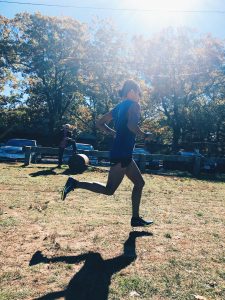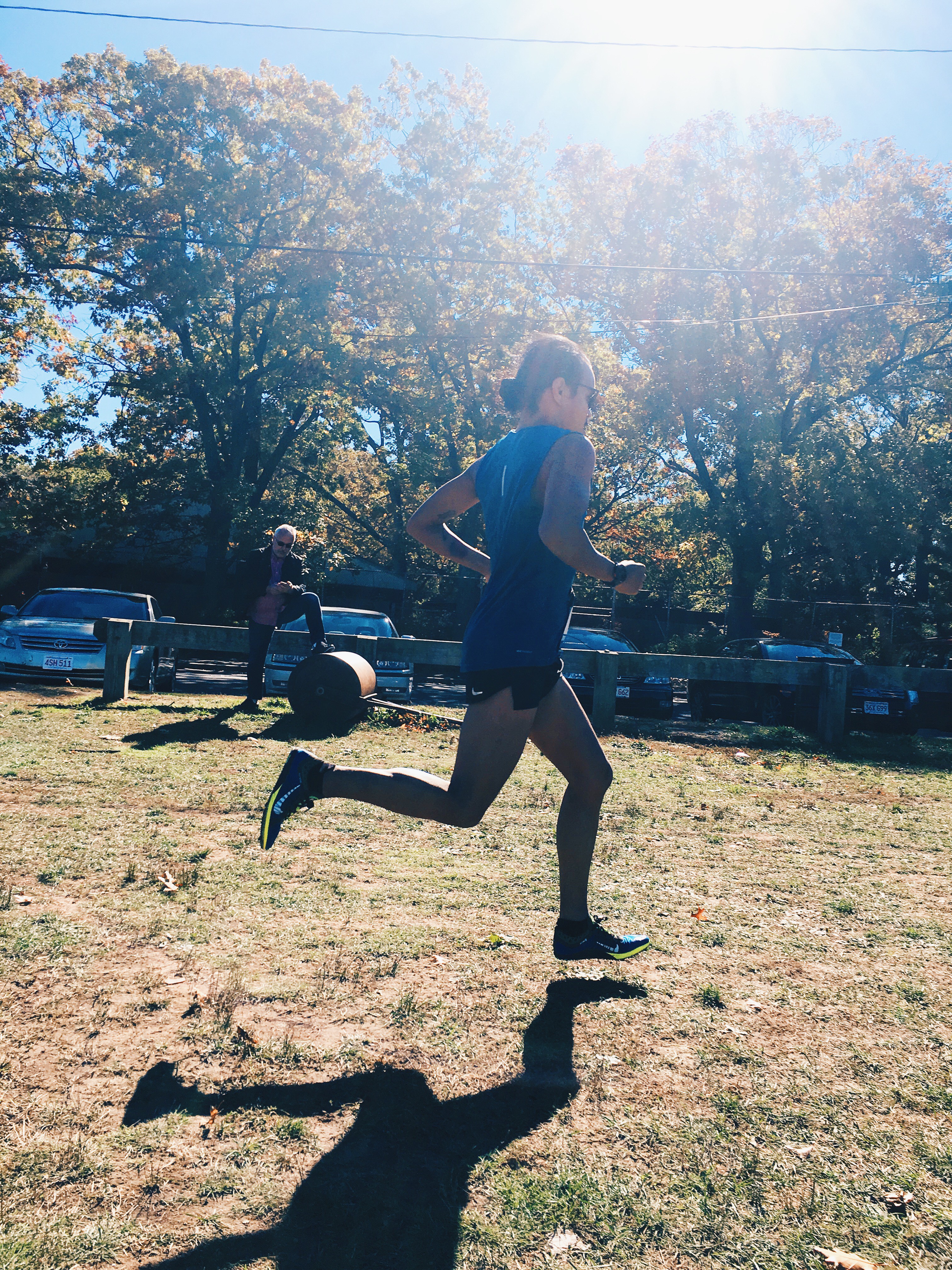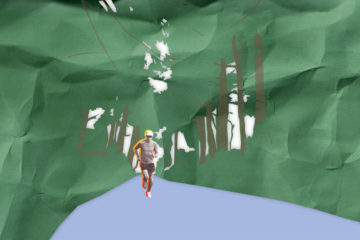Words by Jeggi Elinzano (@paavozatopek)
I love racing.
I grew up around a father that built racing cars, actually started racing cars myself, fell in love with biomechanics and the human body’s ability to adapt to methods of training in a consistent pursuit of speed, and, ultimately, became obsessed with the idea of trying to cover the length of any course in the shortest time possible. It has immense meaning for me since I oft remember hearing stories of my father, Papercar Racing Club jacket draped over his shoulders, challenging the next town’s speed racer in late night, illicit competition involving hot rods and lots of guts.
Racing is fundamentally a cross section of technique, feel, and bravery. I told a dear friend a little while ago that I love to race because, ultimately, you gotta be brave to take on the challenge of trying to go as fast as possible or to stay ahead of another person trying to get to the end faster than you.
Racing, however, is deeply, profoundly psychological.
Whether I’m racing a motor vehicle or running, I’m often wary of the effects of psychology on performance.
Regardless of levels of technique or fitness or bravery, I’d like to think that I have a little bit in the tank to hold onto the people I train or race with – even if for a moment.
It’s that period of guts and bravery that makes racing so beautiful.
However, this requires one to find composure and faith amidst the inherent pressures of proper racing. For me, a feeling of both melancholy and panic would take over whenever time fell away or a competitor started to build a gap that widened ever so slightly over the course of lap after lap or mile after mile.
Sometimes it even precedes a hard effort, one most possibly a little above my pay grade.
During a hard track session where I had to follow a dear friend and training partner who is consistently faster than me around 400 meters–and between incessant excuses on my end to try and come up with a reason why I couldn’t run on his shoulder–he told me that I looked in good physical form.
“Your breathing, however, is erratic. It sounds like you don’t have control.”
Sometimes it’s just panic and uncontrolled breathing.
Sometimes it’s more emotional and I yield to the pessimistic; melancholic weight of being slower.
I know I have the ability, fitness, training, and bravery to at least give the race a go when things get hardest, however, often I’ve yielded to that pressure. I have managed, though without consistency, to push through it and find a way to tap into all I got, get to racing, and hang on.
Running is expressive and racing, in particular, requires you to be able to find that gap between the work you’ve done and moments of expression at any notice. Pier Paolo Pasolini talks about the
“…Violent urge of expression
which in blazing bursts of evidence
inflates every human object…”
That feeling when you are able to break through all the resistance and start flying; the freedom is wonderful.
I’ve been trying to dig deeper into how to make that feeling a regular thing.
In conversation recently, Max Vallot of District Vision told me about meditation and how he’s investigating how it can work with our running practice. I thought back to that comment from the homie about my breathing, how it’s erratic during hard effort, and told Max I’d be keen to see if I can find a way to keep calm when the turmoil of racing is at its highest and push through to go faster.
He replied,”There’s only one way to find out.”

Recently, I started that investigation alongside Max and the District Vision team, many of my teammates, and members of the New York City running community. It was interesting to dig into building a greater awareness of one’s body, shifting focus around different areas of energy and the vital components of running, and remaining calm, focused, relaxed.
If fitness is an expansion of our physical capabilities, with running as an expression of that expansion, and racing being the most stimulating medium of that expression, it’s no surprise that, inevitably, one has to investigate how to activate those capabilities.
Take advantage of that “Violent urge of expression”.
Invariably, it’s psychological.





